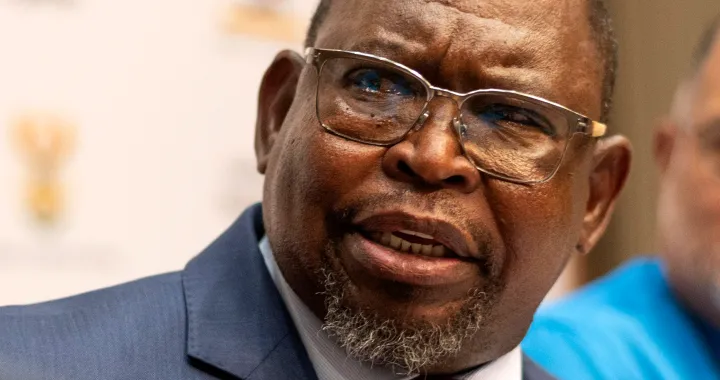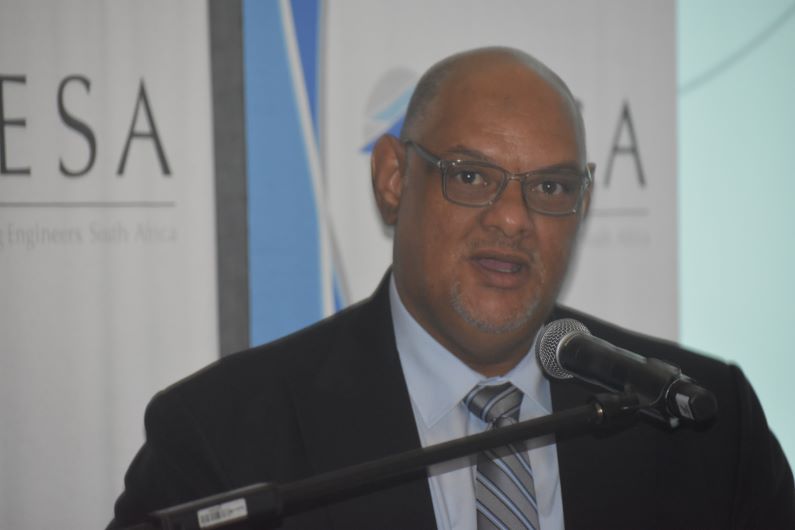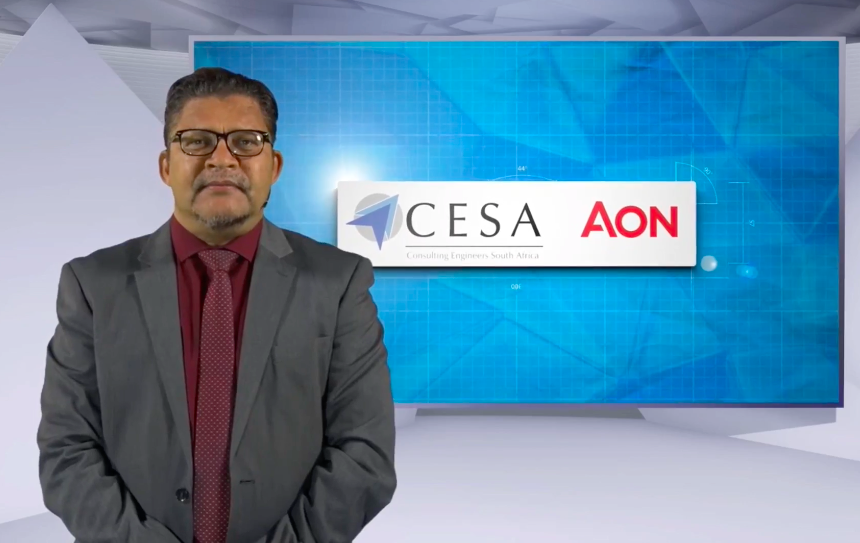
This is Part 2 of a two-part article.
Consulting Engineers South Africa’s (CESA) newly appointed president, David Leukes, together with chief executive officer Chris Campell, hosted a media event on 1 February for the Gauteng region, fielding a lively Q&A session:
… continued from Part 1.
Q: CESA has raised points about the necessity for government to address barriers to investment and establish a robust procurement framework, and gaining for itself a seat at the discussion table. Has CESA engaged with the government on these matters, and what has been the government’s response?
A: Securing a seat at the table hasn’t been a straightforward process for us. Rather than being offered this opportunity by the government, we’ve had to proactively navigate our way into these discussions. However, we must admit that the outcomes haven’t always been as successful as we hoped. For instance, we were involved in advocating for our interests within the public procurement bill, a process that highlighted significant flaws. Despite our efforts, including public consultation and input from our members, many of our recommendations were disregarded by the government. This experience underscores the challenges we face in influencing policymaking in areas crucial to our industry.
It’s important to emphasise the need for collaboration across various engineering organisations, such as Saice [also in attendance at the briefing] which play complementary roles. By aligning our efforts and advocating collectively, we can amplify our impact and effectively address shared challenges, such as project lifecycle considerations and the training of young engineers.
Collaboration between organisations is essential to maximise influence and effect meaningful change. We’ve seen the benefits of joint advocacy efforts, particularly in raising awareness about infrastructure issues and advocating for solutions. By working together, we can ensure that the government recognises the vital contributions of the engineering sector and prioritises initiatives that support collective goals.
Our industry’s challenges require a united approach, and by pooling our resources and expertise, we can better advocate for policies and initiatives that benefit both our profession and the broader community. Additionally, it’s crucial to address systemic issues like the ‘feast and famine’ syndrome, which impacts the stability of our industry and hampers long-term planning and investment. We must continue to engage with government and industry stakeholders to foster a conducive environment for sustainable growth and development.
For instance, this isn’t merely a commercial transaction where you purchase a commodity and move on, there are significant consequences to discounting professional fees. One such consequence is the inability to secure sufficient financing for training investments. It’s crucial that this message is conveyed not only by us but collectively with our partner associations. Any scope for collaboration is welcomed.
Q: What is CESA’s advice for urban planners considering new cities in South Africa?
A: Consulting engineers must recognise their role within the broader framework of urban planning. While we may not be the primary decision-makers, our expertise is invaluable in assessing factors like proximity to essential services and infrastructure feasibility. It’s essential to ensure that new developments consider existing infrastructure and communities, preventing further disparities and ensuring inclusive growth.
We must not overlook existing infrastructure and communities in our pursuit of new developments. The challenge lies in balancing the need for expansion with the responsibility to address existing shortcomings. For instance, while developing new infrastructure is essential, we mustn’t forget about improving and maintaining infrastructure in areas that are already established. Moreover, we must consider factors like traffic congestion and accessibility, which are often overlooked in urban planning discussions.
The issue of traffic congestion underscores the importance of comprehensive urban planning that accounts for various factors, including transportation infrastructure and population density. As consulting engineers, we must advocate for holistic approaches to urban development that prioritise sustainability and inclusivity, ensuring that no community is left behind in the pursuit of progress.
More news
- PART 2: CONCRETE IN THE DESIGN OF A UNIQUE LUXURY HOME IN GEORGE, SOUTH AFRICA
- PART 1: CONCRETE IN THE DESIGN OF A UNIQUE LUXURY HOME IN GEORGE, SOUTH AFRICA
- MVULE GARDENS, AFRICA’S LARGEST 3D-PRINTED AFFORDABLE HOUSING PROJECT
- PART 3: HARNESSING THE POTENTIAL OF HIGH SULPHUR FLY ASH IN CONCRETE PRODUCTION
- PART 2: HARNESSING THE POTENTIAL OF HIGH SULPHUR FLY ASH IN CONCRETE PRODUCTION





